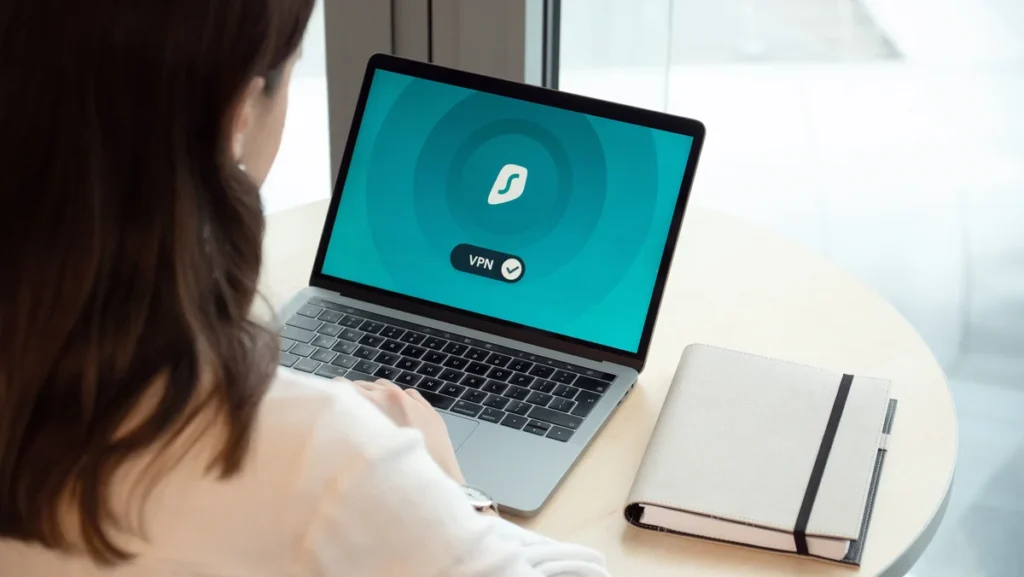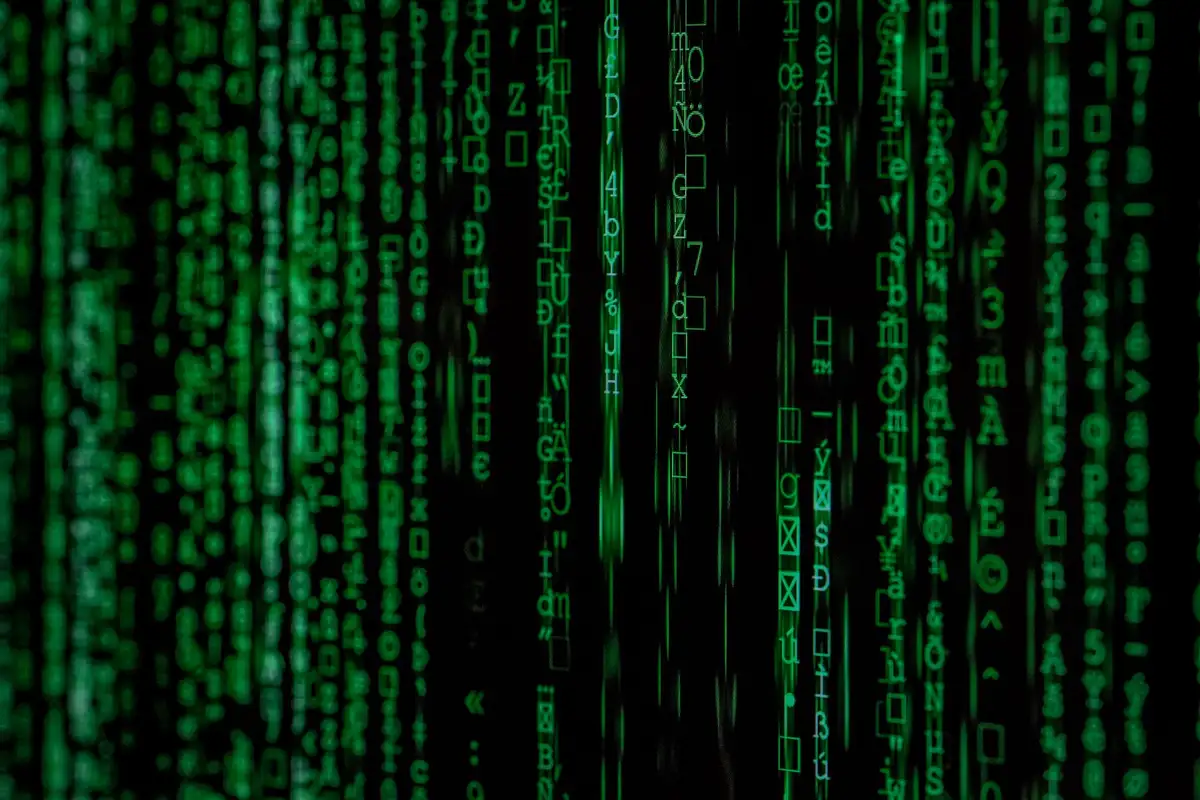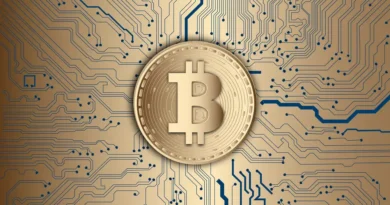What Is Data Encryption? And Role of VPN Encryption
If you’ve done any research into protecting your data, you’ve likely come across the necessity of data encryption. Most individuals don’t even have a guess as to what it means. Still fewer people understand how it works. Knowing the basics of important issues like encryption is helpful, but you don’t need to be an expert to keep your data safe online.
Most online retailers already use encryption to safeguard their customers’ personal information, but a free VPN provides an extra layer of security by encrypting data even further and shielding users from identity theft.
What does mean by Data Encryption?
Encryption of data is a computer process that transforms information that can be read by humans into information that can only be read by those who have the appropriate cryptographic key. Encryption is a crucial component of the digital transformation process because it converts information into a format that can only be read by those who have the correct password.

The process of data encryption
Data that is unnecessary to encrypt is called plaintext or cleartext. Some encryption techniques require performing mathematical operations on raw data in order to send the plaintext. Many different types of encryption exist, each with its own set of uses and level of protection.
The algorithms themselves aren’t enough; an encryption key is also needed. Using the provided key and an acceptable encryption method, the plaintext is transformed into the encrypted data, also known as the ciphertext. As opposed to sending the plaintext, which would be vulnerable to interception, we send the ciphertext.
When the recipient of the ciphertext has the decryption key, they may turn it back into plaintext. This decryption key should be kept secret, as it may or may not be the same as the encrypting key.
Also Read: Data Science is Transforming Financial Services These 6 Critical Ways
Encryption methods that are widely used
- Triple DES
Since the Data Encryption Standard (DES) algorithm was so readily cracked by hackers, Triple DES was developed as a replacement.
- AES
The United States government and other prominent institutions all endorse the use of the Advanced Encryption Standard (AES) as the most secure cryptographic technology available.
- RSA Computer Security
RSA public-key encryption is widely accepted as the standard for protecting data during transmission over the internet.
- Blowfish
This symmetric cypher encrypts data in discrete 64-bit chunks.
data in transit vs data at rest
Information that is actively being transmitted from one location to another, such as across the internet or a private network, is called “data in transit” or “data in motion.”
Data at rest includes anything from information stored on a laptop or hard drive to data that has been archived or preserved in some other method and is not actively moving from one device to another or from one network to another.
VPN vs. end-to-end encryption
By encrypting data from beginning to finish, communication applications may ensure that their users’ messages are safe from eavesdropping, modification, or misuse. Unfortunately, not all of today’s messaging platforms provide full-fledged end-to-end encryption. All virtual private networks (VPNs) provide encryption features to keep your communications private and secure, regardless of the messaging service you use.
Data is encrypted while in transit and is not decrypted until it reaches its destination, as is the case with end-to-end encryption. On the other hand, VPNs encrypt data at the sender’s end and decode it at the recipient’s. In contrast, the best VPN for PC services never store user data on their servers.
Finally, both E2EE and VPNs are cutting-edge and safe options for keeping your private talks that way, but VPNs can encrypt more traffic and offer more perks.
VPNs provide simple and secure data encryption
Identity theft is facilitated by hackers in many ways, but one of the most popular is to intercept data as it is transmitted from a user to a website. A hacker might potentially steal sensitive information during an online purchase. However, if you use a Virtual Private Network (VPN), you won’t have to worry about hackers stealing your personal information.




